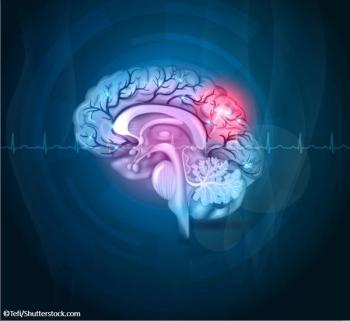
Women with postpartum depression frequently experience intrusive, obsessive ruminations that are part of a depressive episode. Many women with postpartum depression have significant anxiety, and many reach the level of meeting criteria for full-blown anxiety disorders. An anxiety disorder may also precede and contribute to the development of a depressive episode.

